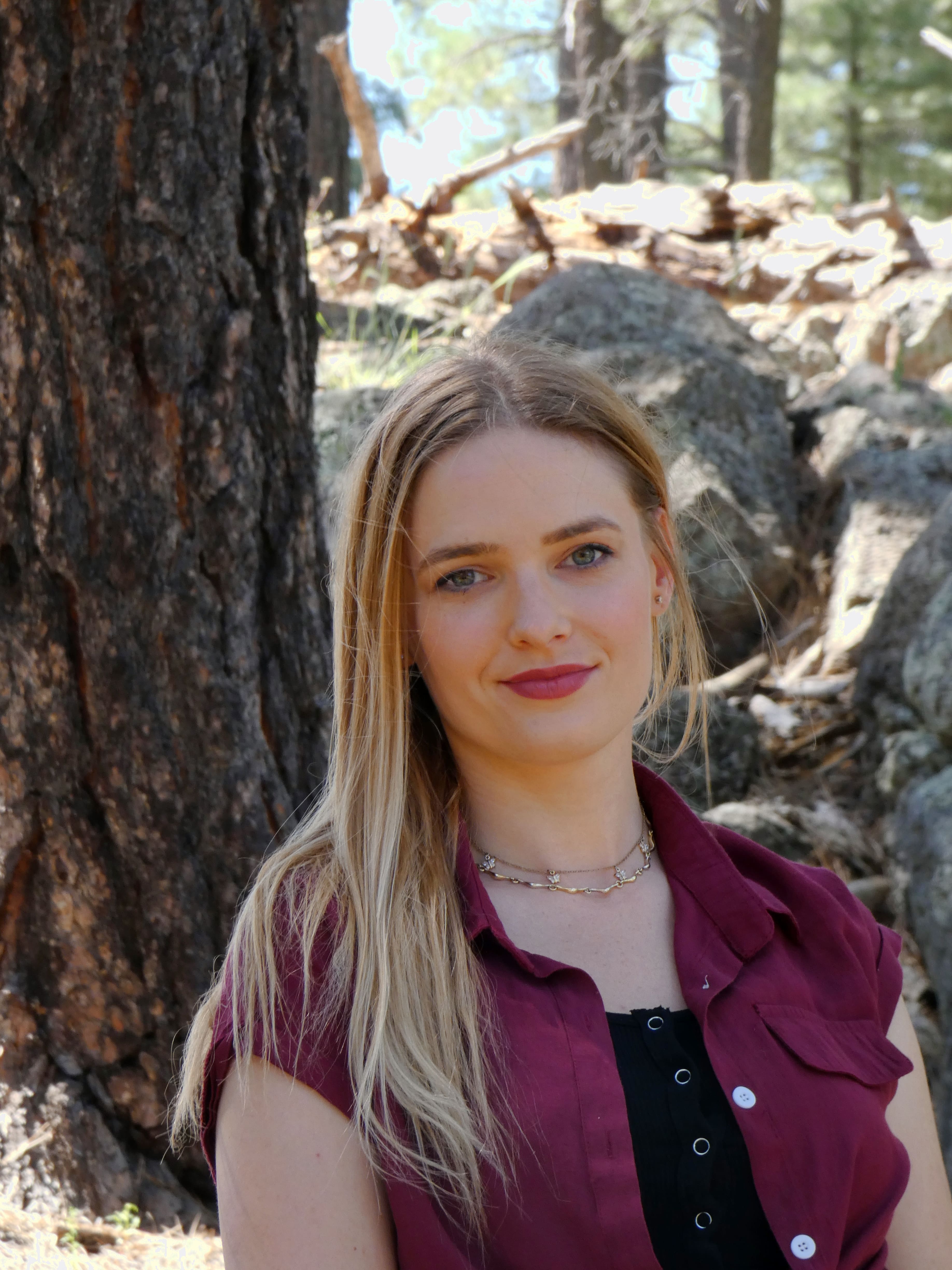Terrestrial Biodiversity
Ecosystem Services
Insects & Microorganisms
Trees, Forests & Deforestation
Wildlife & Invasive Species
Post-Doctoral Fellowships
United Kingdom
2013.09.01
How accurately can we predict species extinction and reintroduction? Embracing ecological complexity to assess risk in ecosystems
Dr. Phillip Staniczenko is a physicist who uses mathematics to study ecology, applying network science to the vast amount of data collected by ecologists about the natural world. He is creating innovative methods that paint a more complete picture of ecosystem interactions, thus yielding more reliable predictions. For example, most estimates of a species’ extinction risk focus on environmental conditions, without taking into account the full range of interactions it is involved in. Phillip’s new approach makes it possible to include such fundamental factors as the presence or absence of a predator’s prey. His work goes further, too, in considering the relative strength of these connections. Information like this will help ecologists know what data is most essential to obtain meaningful predictions. With the methods he is developing, Dr. Staniczenko has already successfully predicted the effect of deforestation on a community of insects in Ecuador that serve as important agents of pest control. Next, he plans to investigate what effect omitting ecosystem interactions has had: Has it led us to consistently overestimate species extinction risk, or under? The stakes could be significant – for those species, their ecosystems, and for us.
Foretelling a Complex Future for our Complex Ecosystems
To add or modify information on this page, please contact us at the following address: community.research@axa.com

Phillip
STANICZENKO
Institution
University College London
Country
United Kingdom
Nationality
British
Related articles
Climate & Environment
Zoonose & Vector Borne Diseases
Global Warming
Wildlife & Invasive Species
Post-Doctoral Fellowship
Hungary
2023.08.31
How Will Climate Change Affect Bird-Spread Diseases
Expected start date:Aug-2023 Human, animal, and environmental health are interconnected. Climate change may alter the transmissions of diseases that can... Read more

Tamara
SZENTIVANYI
Center for Ecological Research
Marine Biodiversity
Climate Change
Fisheries
Protected Areas
Climate Adaptation & Resilience
Ecosystem Services
Post-Doctoral Fellowship
Spain
2022.09.08
Climate-Smart Strategies to Develop Resilience in Artisanal Fisheries of Mediterranean Marine Protected Areas
Determining the climate risk exposure of marine ecosystems is crucial to develop strategies that will strengthen communities’ resilience. Studies have... Read more

Marina
SANZ MARTíN
